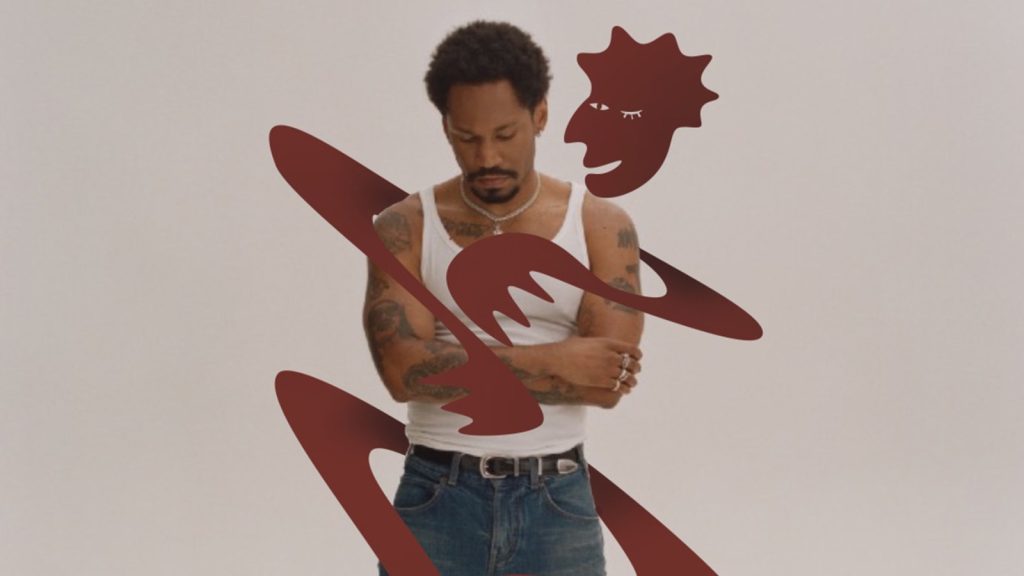Influential DJ-producer’s latest runs on house and a tweaked version of disco, returning to the crisp, fluttering tracks he made his name on
Kaytranada makes music designed for club systems that can still translate to people who never go out. Born in Port-au-Prince, Haiti, and raised in Montreal, his style is rooted in beat maestros like J Dilla, Madlib, and Flying Lotus. But the warmth of his music is less dusty-analog (a la the first two) and more faded-digital (unlike the 3D maximalism of FlyLo).
Kaytranada has said that Ain’t No Damn Way!, his fifth album (counting Kaytraminé, his 2023 collaboration with Aminé), is a deliberate step back into the DJ-oriented dance tracks that he made his name with — fluttering, crisp remixes of Janet Jackson and Teedra Moses that erupted on dance floors in the mid-2010s, well before his first album, 99.9%, in 2016. But while most of Ain’t No Damn Way! runs on house beats, it also works as casual listening; it’s an airy amble through dance music history, not a blaring EDM festival or a speedy night out at a Berlin club.
The album’s starter announces its aim: “Space Invader” is hectic circa-1992 neo-rave, running off a stabbing synth riff, rolling drum machines recalling early Run-DMC, and a repeated vocal hook: “Gotta get a word in sometimes.” (It’s funny because it’s true—most of these tracks are instrumentals.) Those rending electronics pop up throughout Ain’t No Damn Way!, albeit in more moderate settings, like “Home”—whose bassline is mostly subwoofer dive-bombs — and “Things.” The latter has an easy lope made menacing by a cartoon-alien zap answered by other machines that caw like birds. It would fit right onto the Miami Vice soundtrack — the TV show, not the film. “Target Joint” has a bouncy melody encased in bright bursts of electronics that fray at the edges.
Much of Ain’t No Damn Way! is marinated in disco, albeit a very tweaked version of it. “Championship” has a muffled “doot-doot-doot” vocal sample and a gleaming electric-piano part that recall the seventies—but the four-to-the-floor beat feels more contemplative than dance-ready and the producer keeps throwing aural glitches into the works. On “Blackboy, or Shine Your Light for We,” Kaytranada samples disco’s maestro of plushness, Barry White, but he manipulates White’s strings to give them a newly melancholy tinge. In Kaytranada’s hands, disco is anything but a straightforward celebration.

